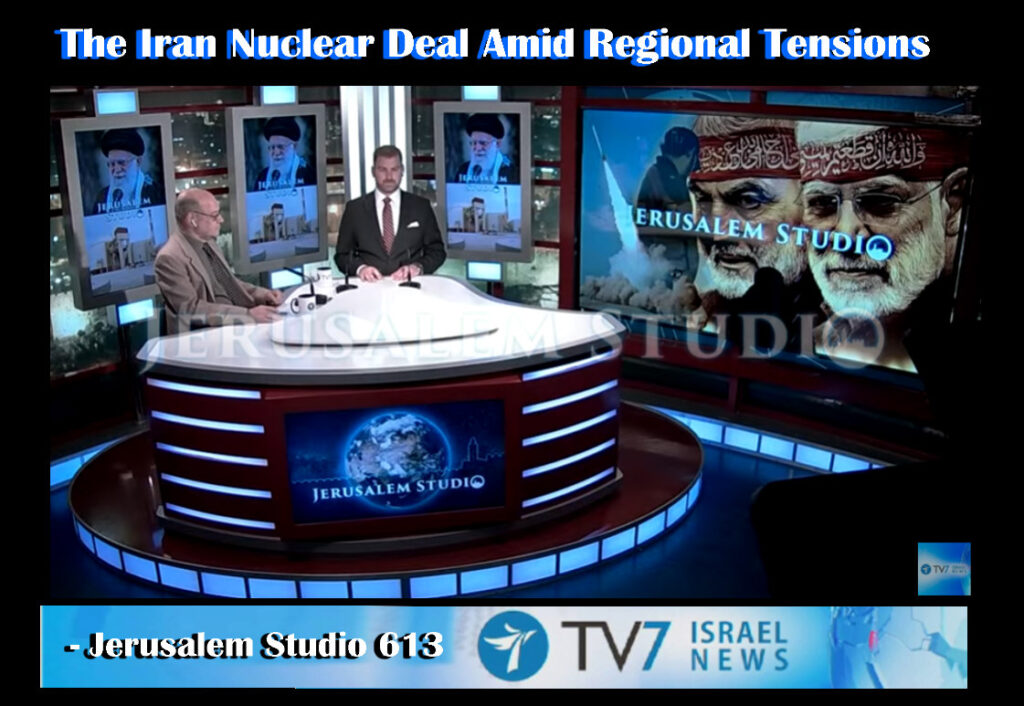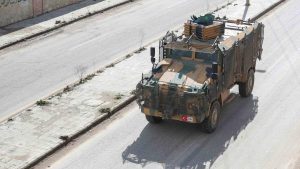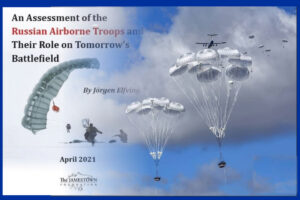
Only 10 days are left until the Iranian presidential elections, and this is no event in which betting against the odds will make gamblers rich, even in the highly devalued local currency. The winner will be Ebrahim Raisi, Supreme Leader Ali Khamenei’s favorite candidate, for whom the race was cleared from competition. Because of the waiting for the transition from Hassan Rouhani to Raisi, it seems that the Vienna negotiations on a mutual return to the 2015 nuclear deal were put on hold, so that the credit for sanctions relief will not be given to the moderates in Tehran, led by Rouhani. Meanwhile, the hardliners reporting to Khomeini, whose foreign activity arm is the Revolutionary Guards Quds Force, continue their subversive regional policy from Iraq and Yemen to Syria and Lebanon, where Israel keeps trying to block their designs against it.
Panel: – Jonathan Hessen, Host. – Amir Oren, TV7 Analyst and Host of Watchmen Talk. – Dr. Olli Heinonen, former Deputy Director General IAEA and a Distinguished Fellow, Stimson Center, Washington, D.C. – Brigadier General (Res.) Yossi Kuperwasser, Project Director on Middle East Developments, Jerusalem Center for Public Affairs.
Iran has enough LEU, in the form of 2 to 3 percent LEU and near 20 percent enriched uranium, to produce weapon-grade uranium (WGU) for three nuclear weapons without using any natural uranium as feedstock, a fact that reduces breakout timelines. 7 June 2021 Institute for Science and International Studies Analysis of IAEA Iran Verification and Monitoring Report
URANIUM METAL PRODUCTION The United Nations’ atomic watchdog agency inspectors have confirmed Iran has begun the production of uranium metal — another violation of the 2015 landmark nuclear deal with world powers. Making uranium metal is a way to acquire essential know-how and experience in the process of manufacturing nuclear weapons. It is considered an important stage in making the core of an atom bomb, which is afterward adapted to the warhead.




